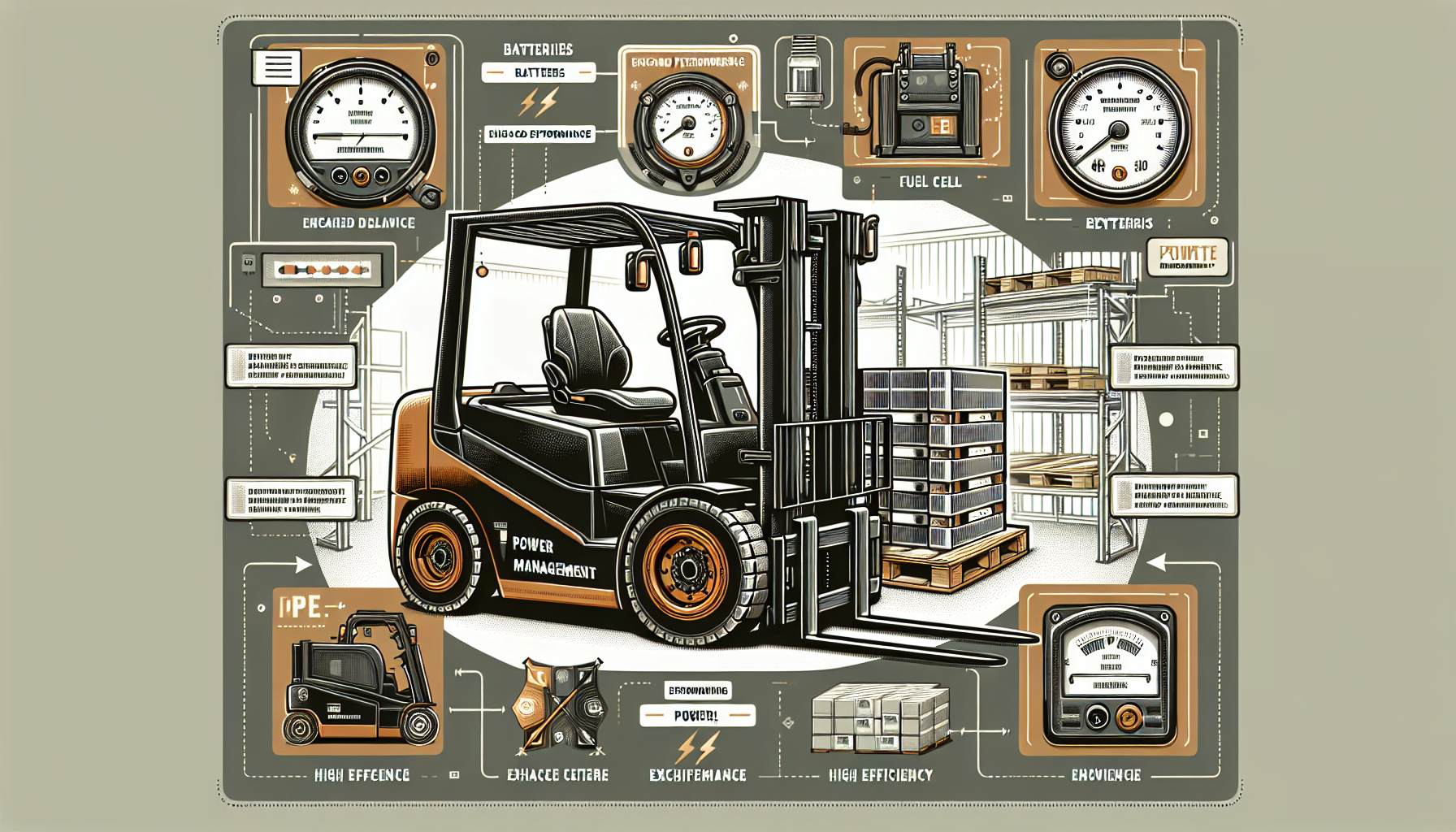In every warehouse, forklifts play a crucial role in ensuring efficient operations. These powerful machines are responsible for moving heavy loads and transport them from one point to another. However, managing forklift power is essential to maximize their performance and keep operations running smoothly.
Understanding Forklift Power
Before delving into managing forklift power, it’s important to understand how these machines operate. Forklifts typically run on either electric batteries or internal combustion engines. Each power source has its advantages and considerations when it comes to managing power.
Forklift fleet power management is an area of expertise that HCO Innovations specializes in. They provide warehouse optimization solutions, including managing forklift power, to enhance safety, productivity, efficiency, and cost-effectiveness within warehouse operations. Visit their website to learn more about their comprehensive solutions.
Tips for Managing Forklift Power
Efficiently managing forklift power can lead to improved performance, reduced downtime, and lower operating costs. Here are some tips to help you optimize forklift power in your warehouse:
1. Regular Maintenance
Proper maintenance is key to keeping forklifts running smoothly and maximizing their power output. Regularly schedule maintenance checks, including inspections, oil changes, and battery maintenance. This will ensure that your forklifts are in top condition and operating at their full capacity.
2. Optimized Charging
If your forklifts are powered by electric batteries, efficient charging is crucial. Implement a charging routine that minimizes downtime while keeping the batteries adequately charged. Avoid overcharging or undercharging the batteries, as both can lead to reduced performance and a shorter lifespan.
3. Battery Monitoring System
Invest in a battery monitoring system that can track the health and performance of your forklift batteries. This system can provide real-time data on battery charge levels, temperature, and usage patterns. By monitoring battery performance, you can identify potential issues early on and take proactive measures to prevent power-related problems.
4. Operator Training
Ensure that your forklift operators are trained in proper usage and handling techniques. Well-trained operators are more likely to use the power of the forklifts efficiently and avoid unnecessary strain on the machine. Train operators on how to operate the forklifts in different load conditions and how to use power-saving features effectively.
5. Load Management
Proper load management is essential for optimizing forklift power. Ensure that loads are balanced and evenly distributed on the forklift forks. Overloading the forklift can strain the power system and lead to decreased performance. Train your employees on proper load management techniques to ensure maximum power efficiency.
6. Efficient Route Planning
Optimize your warehouse layout and plan efficient routes for forklift operations. Minimize unnecessary travel distances and avoid obstacles or congested areas as much as possible. By reducing travel time and avoiding detours, you can conserve forklift power and increase overall productivity.
7. Utilize Power-Saving Features
Modern forklifts often come with power-saving features that can help optimize performance. These features may include energy-efficient LED lighting, automatic shutdown after a period of inactivity, or regenerative braking to recharge the battery during deceleration. Take advantage of these features to maximize power efficiency.
By implementing these tips for managing forklift power, you can enhance performance, increase productivity, and reduce operating costs in your warehouse. Remember that HCO Innovations specializes in warehouse optimization solutions, including forklift fleet power management. Visit their website to explore their comprehensive range of services and solutions to optimize your warehouse operations.

